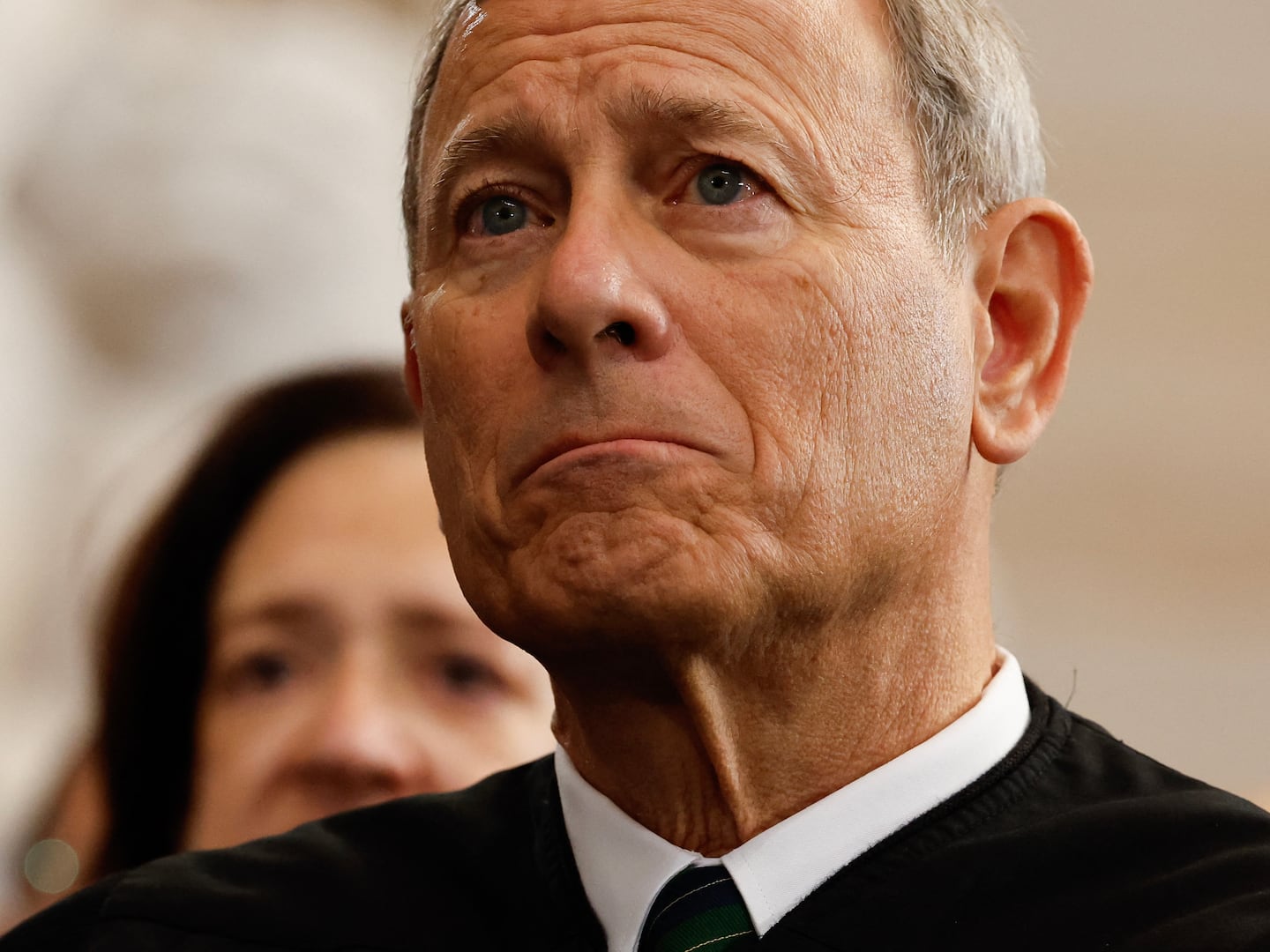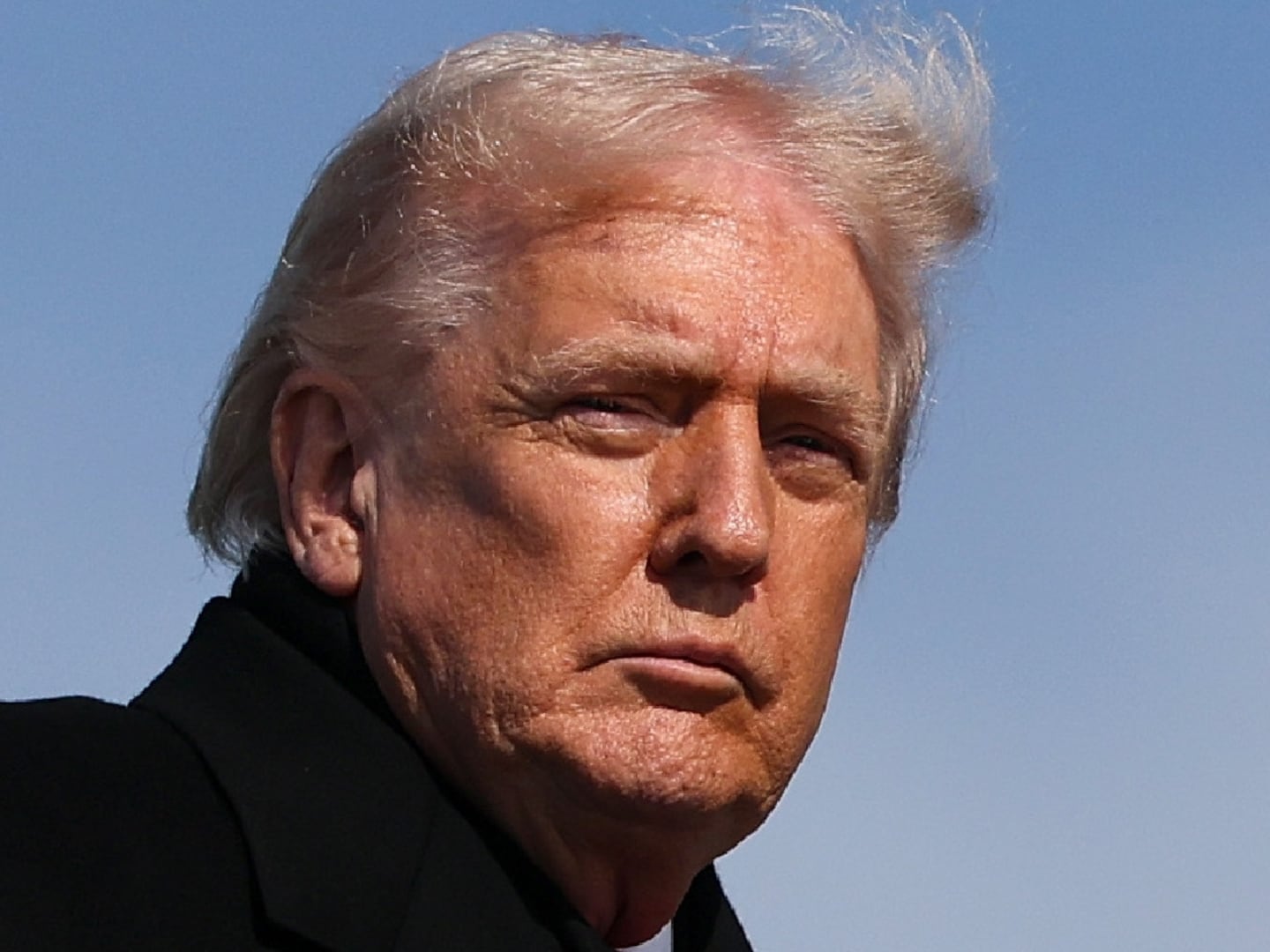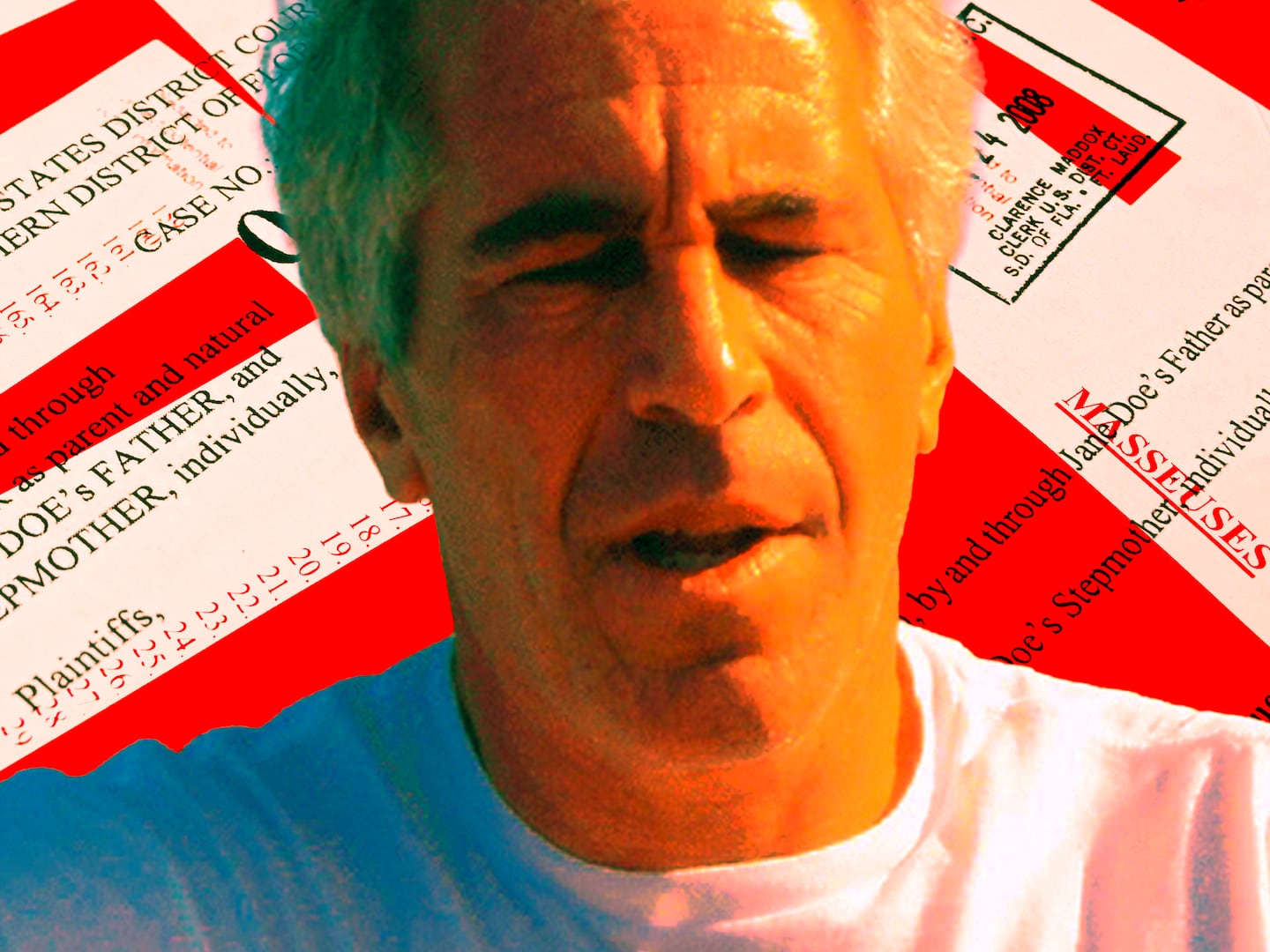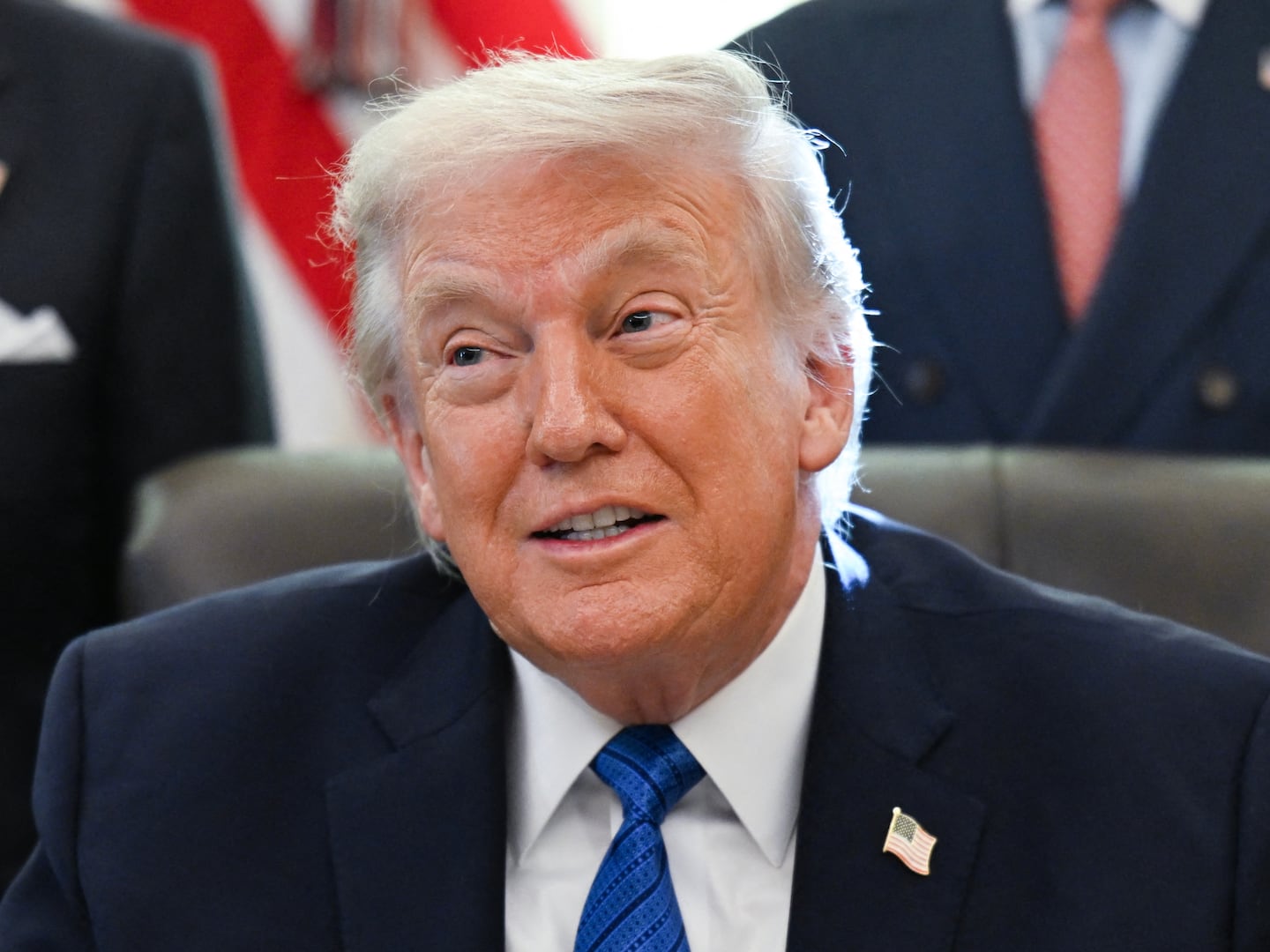Memories of serving in Vietnam still haunt Raymond Savedra, a New Mexico native with post-traumatic stress disorder. To quell his symptoms, which range from panic attacks to nightmares, his doctor recommended cannabis. For the 12-year veteran of the mining industry, it provided a potential double benefit, with the possibility of addressing his respiratory illness as well.
The medicine, Savedra says, has been life-changing—so much that he’s willing to pick it up in a place that makes him feel less like a sick veteran and more like an 18-year-old pothead: McDonald’s.
It’s not the fries that land Savedra there but the deliveryman, who drives hours to bring him the medicine from the closest dispensary in the state, more than 70 miles away. He’s one of at least 500 registered medical marijuana patients in the western region of New Mexico, where not a single dispensary has gained approval to sell the drug.
Without one, medical marijuana patients living outside of Albuquerque and Santa Fe (where the majority of dispensaries are) are left at the mercy of deliverymen, who arrange for them to meet at a location like McDonald’s, Walmart, or Travel Centers of America. Cancer patients, chronic pain sufferers, multiple sclerosis patients, and PTSD victims like Savedra line the booths and parking lots waiting for their “dealer,” sometimes forced to pay $15 or $20 just for their spot.
Relying on a deliveryman to meet them at grimy locations, the patients end up feeling like drug addicts looking for a fix rather than people in pain waiting for medicine they’ve been prescribed. It’s their stories, Savedra’s in particular, that have led to a lawsuit filed this week against the New Mexico Department of Health arguing that the lack of access is the result of discrimination.
The four counties in question—Grant, Cibola, Catron, and Hidalgo—represent an area plagued by poverty rates of up to 30 percent (PDF) and an unemployment rate that has exceeded the statewide level (PDF) since 2003, a fact that the petitioner’s attorney, Jason Flores-Williams, claims is the driving forced behind the issue.
“The New Mexico Department of Health is exacerbating an entrenched historic inequity in the remote, western sector of this state by denying residents access to evolving and proven medical resources and health care,” the complaint reads. Beyond violating the privacy of patients by making them obtain their medicine in public, Flores-Williams argues that it makes some of America’s largest corporations unwitting participants in illegal activity.
Flores-Williams says the result of zero dispensaries and overwhelmed deliverymen is a program that resembles the black market more than the pharmaceutical one. “Imagine a group of patients, many of them elderly or on respirators, all having to sit at a McDonald’s while they wait for their medical marijuana to be delivered,” Flores-Williams says. “It’s like having to score heroin in Times Square.”
“There are open drug markets in big cities that are run better than what the Department of Health has ratified and implemented in the State of New Mexico,” he says.
Despite the apparent disorder in the state’s current program, medical marijuana in New Mexico is not new.
The Lynn and Erin Compassionate Use Act, named for a 26-year-old who died of cancer, was signed by Gov. Bill Richardson in 2007. Facing a large amount of opposition, he shrugged off critics by stating simply that it was “the right thing to do.” The program officially launched in 2009, with approximately 12 dispensaries statewide. Before leaving office, Richardson approved at least a dozen more.
A week after taking office in January 2011, new Gov. Susanna Martinez voiced opposition to the program, but decided not to repeal it because she thought the state had “bigger issues.” In the years since, the number of medical marijuana patients in New Mexico has grown steadily—currently standing at 18,000—while the number of dispensaries remained unchanged.
The 12 new dispensaries that Martinez approved last month will bring the total number to 35—but keep the number of those in the western region at zero. In the other part of the lawsuit, Flores-Williams argues not only that the lack of dispensaries is violating privacy rights, but that the failure to approve one is based on discrimination.
This argument in the lawsuit revolves around Karen DeSoto, an activist and longstanding member of the Hispanic community. DeSoto founded a nonprofit, which she named Viridescent, an all-female run organization that she hoped would be come the first medical marijuana dispensary in the western region.
DeSoto’s nonprofit included plans for a free delivery service, education program, and open access system so that patients would not “be demeaned by having to go sit in McDonald’s.” Her application was denied, using a scoring system that, according to Flores-Williams, was “incompetent.” The result is a system that he says violates equal-protection laws, and favors the wealthier Albuquerque and Santa Fe regions.
Jessica Gelay, a policy coordinator for the Drug Policy Alliance, has long been advocating for the Department of Health to increase access to patients in rural communities. “We would have liked to see a larger amount of geographic diversity among those chosen,” Gelay told The Daily Beast. “There isn’t a particular reason that the department needed to limited provisionally approved licensees to 12, and it does seem that patients in southwestern New Mexico have gotten the short end of the stick.”
Morgan Fox, communications manager at the Marijuana Policy Project, agreed. “If the producers are already driving to deliver medicine to these rural areas, they should simply deliver directly to the homes of patients instead of putting them at risk of robbery and violating their privacy by forcing them to wait at public drop-off points,” said Fox. “At the very least, some sort of private facility or office should be used.”
While there have been no other reports of medical marijuana patients having to pick up their medicine at McDonald’s, lack of access to dispensaries is a nationwide problem. Five years after medical marijuana passed in New Jersey, for example, there are just five dispensaries serving more than 5,000 patients.
Access to medical marijuana remains a contentious part of the legalization landscape, one that lawsuits like this one may significantly impact. At the very least, Flores-Williams hopes it will improve the lives of the patients in the western region of New Mexico, who he says have stripped of the right from which all other rights spring: “dignity.”
The New Mexico Department of Health and Walmart did not return The Daily Beast’s request for comment; McDonald’s declined it.






